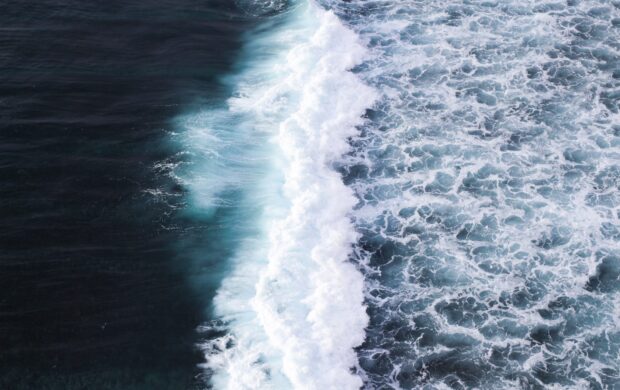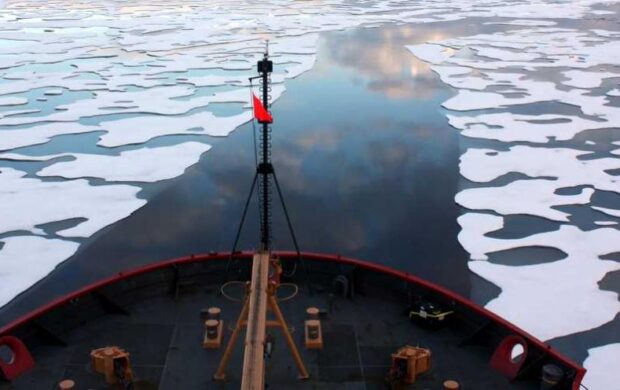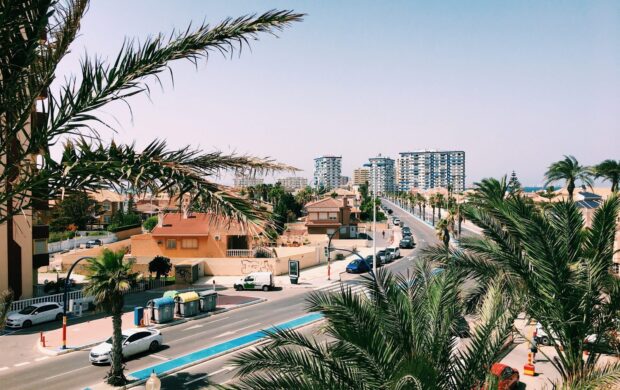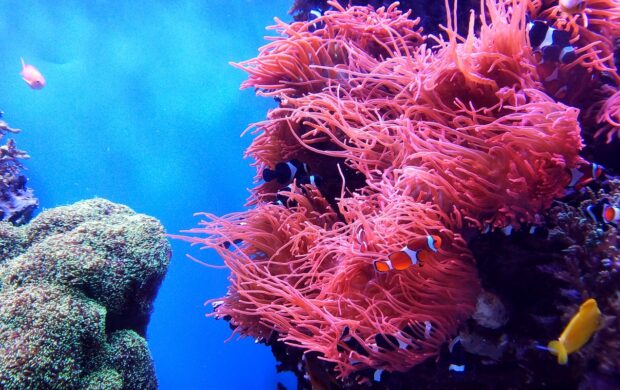As more governments and industries are exploring the ocean floor for oil and gas reserves, there has been an increase in noise associated with shipping and high-decibel seismic surveys.
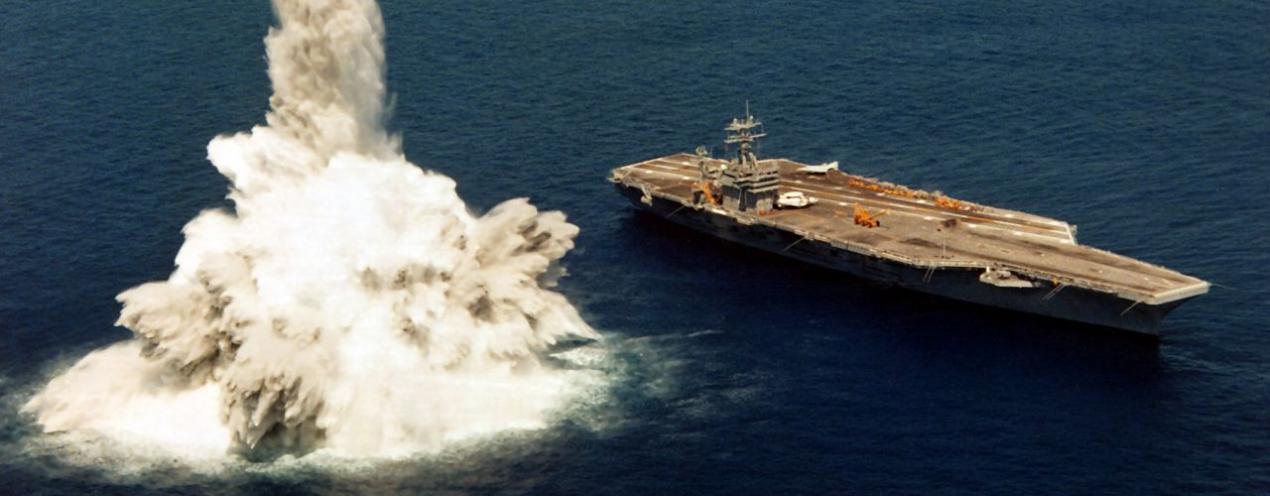
A group of experts from eight universities and environmental organisation has responded, calling for new global standards and mitigation strategies to manage noise pollution in the oceans.
Its research suggests that seismic impulses are among the loudest noises humans put into the ocean. Man-made noise has been found to interrupt and mask the sounds many marine species rely on to navigate, communicate and find food. According to Douglas Nouwacek of Duke University Marine Laboratory in Beaufort, North Carolina, one of the report’s contributing authors, long-term exposure to noise can lead to hearing damage, chronic stress, and potential reproductive problems amongst marine animals.
A paper published in the journal Frontiers in Ecology and the Environment sets out the group’s recommendations for international regulation for ocean noise pollution.
Image caption: Test Blast
Image credit: PH2 Norr, U.S. Navy / Wikimedia Commons


